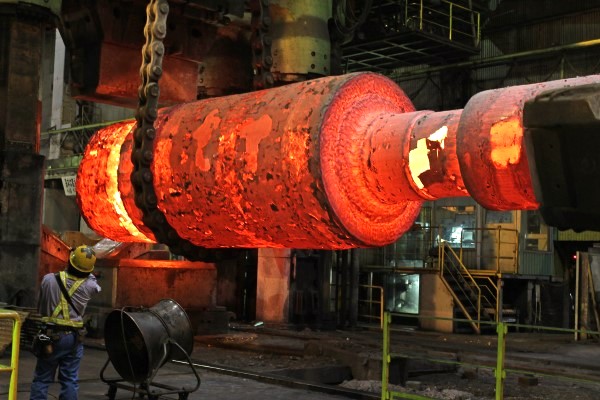Joyo’s operation has been suspended since the reactor entered a periodic inspection in May 2007. Later, after a massive earthquake struck eastern Japan in March 2011, JAEA applied to the NRA for a safety examination on compliance with the new regulatory standards that were issued in 2013. More than 12 years later, in July 2023, the NRA finally granted permission to make changes to the reactor installation.
In February 2024, JAEA filed yet another application for permission to make changes to the reactor installation, this time for the purpose of adding experimental equipment for radioisotope production. The examination of that application evaluated information and knowledge regarding volcanic activity—published after the first permission had been granted—and determined that there was no need to make changes with respect to most items in the already existing application.
The examination members generally agreed that there was no need to open the draft review report for public comments, so it will be officially finalized once the opinions of the Japan Atomic Energy Commission (JAEC) and the Ministry of Education, Culture, Sports, Science and Technology (MEXT) are heard and reflected.
Using the fast reactor Joyo, JAEA will conduct irradiation tests toward the development of next-generation advanced reactors and demonstrate capabilities for producing medical radioisotopes, which are expected to be highly effective in cancer treatments. In 2022, JAEC issued an action plan to promote the production and use of medical radioisotopes.
Production of medical radioisotopes using Joyo is scheduled to begin by FY26 (starting in April 2026), with the aim of strengthening R&D toward the mass production of actinium 225 (Ac-225), one such isotope. The purpose is to make radioisotope-related fields—with a particular focus on nuclear medicine—one of Japan’s strengths.
Treatments using Ac-225―which involve irradiation by alpha particles from inside a tumor―are seen as highly effective. They are also advantageous in that they require no shielding, allowing the relaxation of restrictions on entry into the hospital room. On the other hand, one drawback of Ac-225 is that it is in short supply globally because it has a half-life of only ten days.
JAEA plans to resume Joyo’s operation in mid-2026, after work to comply with the new regulatory standards.











